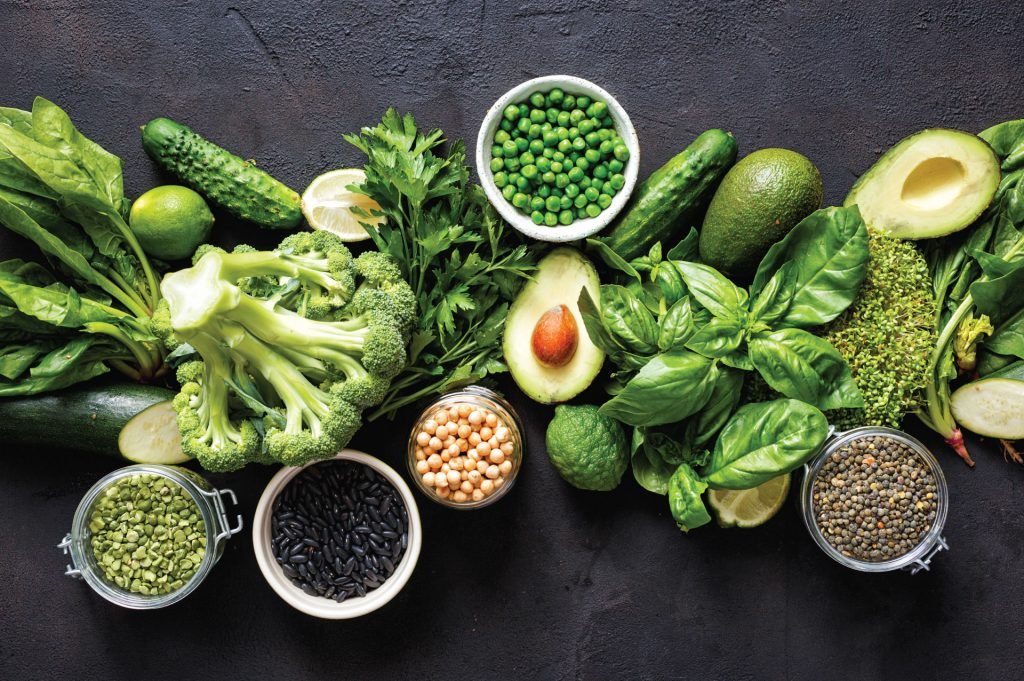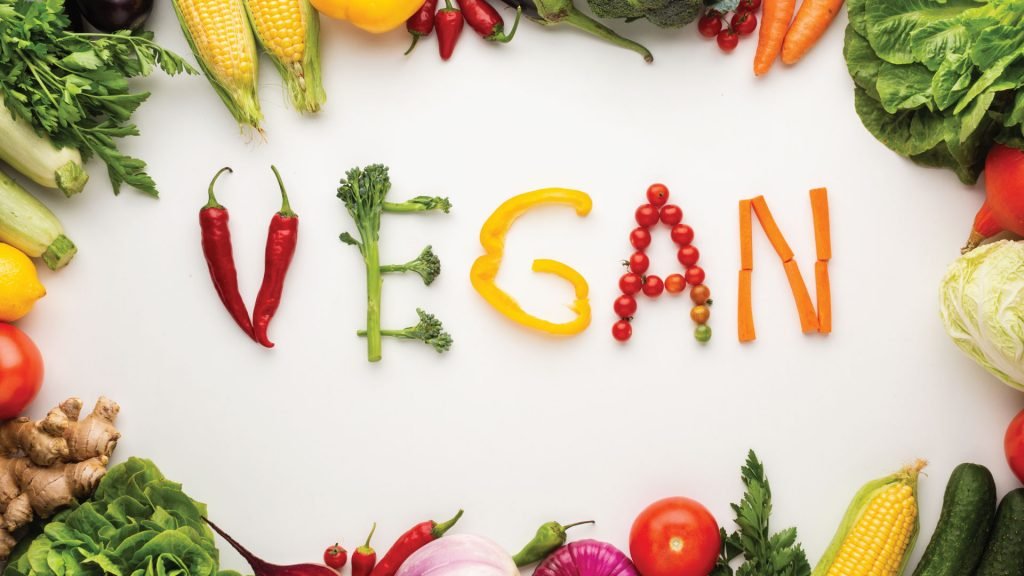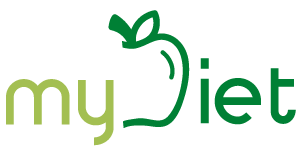Vegans and Vegetarians
Every year, more and more people choose to distance themselves from meat consumption and turn to a diet based on plant products. This happens either for ethical reasons (animal welfare, environmental protection) or for personal health and weight improvement reasons. In any case, global organizations continually report the benefits of a vegetarian diet.
It is important to ensure that your diet is well-planned and lacks no essential nutrients.
What does “vegetarian” mean?
According to international vegetarian organizations (Vegetarian Society and Vegetarian Resource Group), a vegetarian is someone who does not consume red meat, poultry, seafood, and all their by-products, regardless of whether they consume dairy products or eggs.
Vegetarianism is mainly based on plant foods such as fruits, vegetables, legumes, and nuts, while in some types of vegetarianism, which we will discuss later, the consumption of dairy and eggs is allowed. Therefore, a vegetarian excludes the following foods from their daily diet:

- red meat (pork, beef, lamb, goat)
- poultry (chicken and turkey)
- seafood (fish and shellfish)
- by-products of red meat, poultry, and seafood
What types of vegetarianism exist?

animal food groups they have excluded from their diet into:
Lacto-ovo-vegetarians
They exclude meat, fish, seafood, but consume dairy and eggs. The majority of vegetarians worldwide belong to this category. Lacto-ovo-vegetarians consume foods such as milk, cheese, yogurt, eggs, as well as any foods containing these ingredients.
Lacto-vegetarians
They exclude meat, fish, seafood, and eggs. Βut, they consume dairy products.
Strict vegetarians (vegans)
This group of vegetarians excludes all animal foods and their derivatives. They do not consume meat, fish, seafood, dairy products, or eggs. Some strict vegetarians also do not consume honey.
Semi-vegetarianism (semi-vegetarianism)
Ευρέως διαδεδομένη είναι η μερική χορτοφαγία (semi – vegetarianism), όπου καταναλώνονται μόνο ορισμένα είδη κρεάτων. Partially vegetarianism (semi-vegetarianism) is widely spread, where only certain types of meat are consumed. The most well-known form of semi-vegetarianism is pesco-vegetarianism, in which the consumption of dairy, eggs, and seafood is allowed, but no other type of meat.

How can a Dietitian – Nutritionist help?
A nutrition professional can guide you to ensure you are not missing any essential nutrients and help you create a delightful menu of options so you don’t miss out on the enjoyment of food.
A vegetarian diet is nutritious and hygienic, with the benefits of eating meat, but without any of the negative effects

